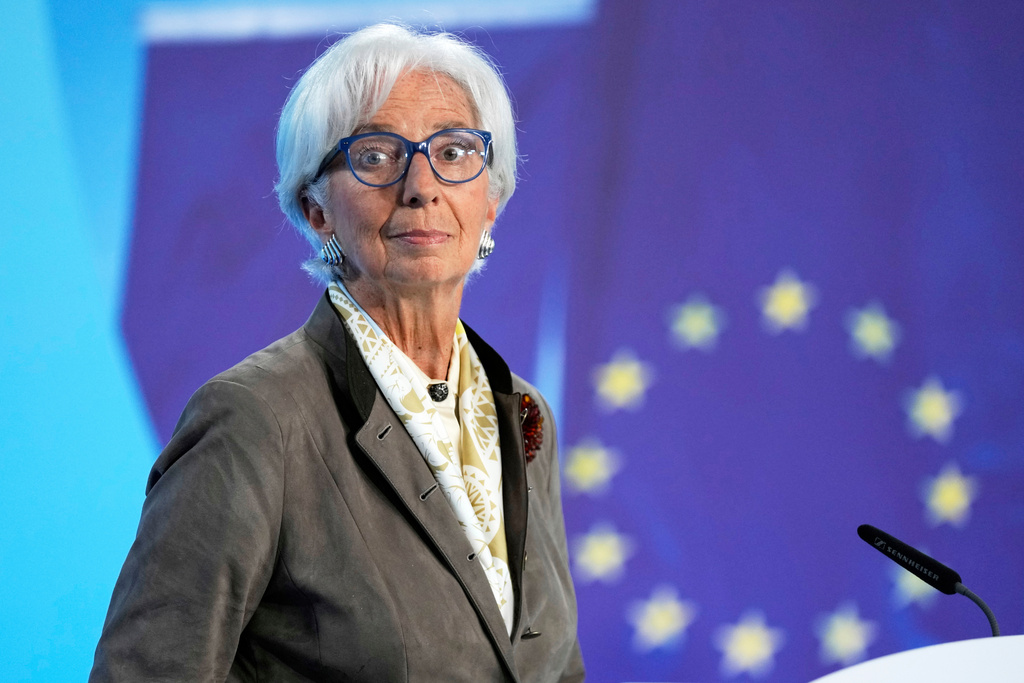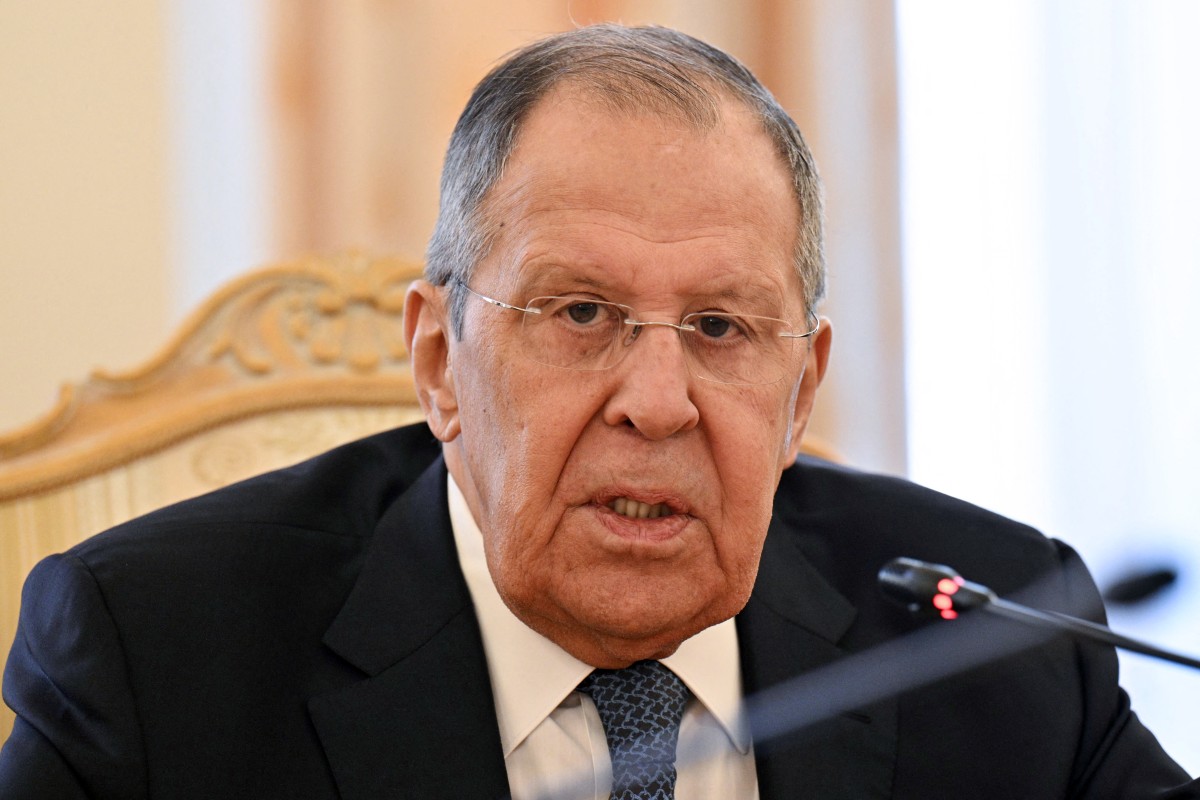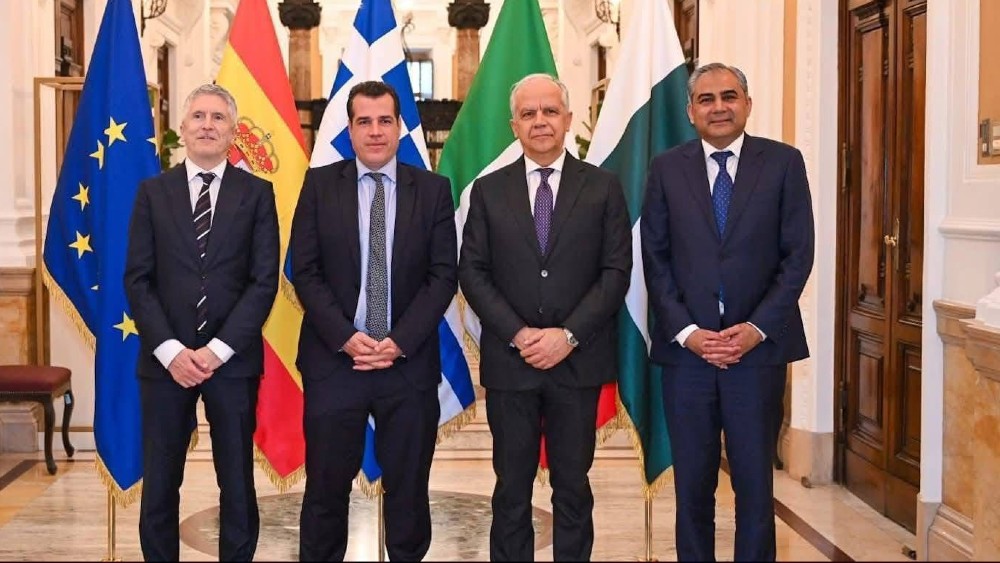FRANKFURT: Europe's economy is holding up better than expected in the face of US President Donald Trump's new tariffs — in part because the European Union didn't retaliate with self-defeating tariffs of its own, the head of the European Central Bank said Tuesday.
Christine Lagarde said the impact of Trump's trade war on growth and inflation in the 20 countries that use the euro currency had also been softened by a stronger euro and by the conclusion of a trade deal with Trump. The agreement capped tariffs at 15% and took away the uncertainty that threatened to delay or disrupt business investment.
“A year ago, most would have assumed that US tariffs ... would trigger a major adverse shock to the euro area economy,” Large said in a speech delivered at a central banking conference in Helsinki, Finland. “Yet some of these assumptions have not been borne out.”
There had been little impact on inflation, she said, and effects on growth have been “relatively moderate” due to European governments taking pro-growth measures in response.
The European Union's executive commission prepared a list of goods to hit with retaliatory tariffs, or import taxes, but suspended them once the tariff deal was struck between Trump and Commission President Ursula von der Leyen in July. The reasons for nonretaliation included pressure from business groups not to get into a prolonged cycle of tit-for-tat tariff increases, as well as concerns about jeopardizing US support for Ukraine.
As a result, Europe continued to receive the imported raw materials and goods it needed for its economy without hindrance from high tariff costs or bottlenecks that could raise prices. “As a result, we have not yet seen significant supply chain disruption,” Lagarde said. “Global supply chain pressures remain contained, and in the euro area, bottleneck indicators are close to historical averages.”
Trump's policies have been accompanied by a fall in the dollar and a corresponding strengthening of the euro. That makes Europe's imports cheaper and helps the ECB in its efforts to contain the annual rate of inflation, which was a moderate 2% in August.
The EU and its member governments have taken additional measures to strengthen growth, including free trade agreements with the South American Mercosur countries — Argentina, Brazil, Bolivia, Paraguay, and Uruguay — and with Mexico. National governments have increased defense spending due to the perceived threat from a newly assertive Russia. At the same time, Germany has committed to large-scale investment in roads, rails, and bridges after years of underspending.
Nonetheless, growth remains mediocre, coming in at only 0.1% in the second quarter compared to the previous quarter. Tariffs and the associated uncertainty will still reduce the growth rate by approximately 0.7 percentage points through 2025 and 2027.






